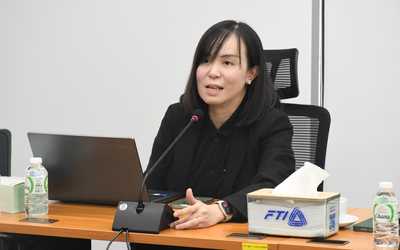The Income and Consumption Effects of Covid-19 and the Role of Public Policy
Abstract
This paper provides empirical evidence on how the labour market impacts of the covid-19 pandemic vary across workers' incomes, assets, characteristics and household structures in the UK. Using data from the UK Household Longitudinal Study, we find that less educated and young workers are most likely to be laid-off. This is particularly the case for females. Moreover, less educated workers tend to have low income and low assets, limiting their ability to maintain consumption in the face of reduced income. This is compounded at the household level by assortative partnering between workers with similar education levels. We analyse the source of these inequalities by relating employment outcomes to factors related occupational and industrial characteristics. We then conduct a quantitative assessment of the likely impact of covid-19 on households' consumption and find that, because the adverse labour market impacts are concentrated on workers with low income and low assets, 70 percent of households in the bottom fifth of the income distribution cannot maintain their usual expenditure for even one week. Finally, we consider the effectiveness and distributional implications of two different policy interventions: the Coronavirus Job Retention Scheme in the UK and Economic Impact Payments in the US. Our findings suggest that both policies can alleviate the increase in consumption inequality that would have otherwise arisen during the pandemic. In the short term, the US-style one-off payment is most effective at providing affected households with the means to smooth consumption. However, the CJRS provides better insurance against prolonged disruption as the program provides continuous income support.









